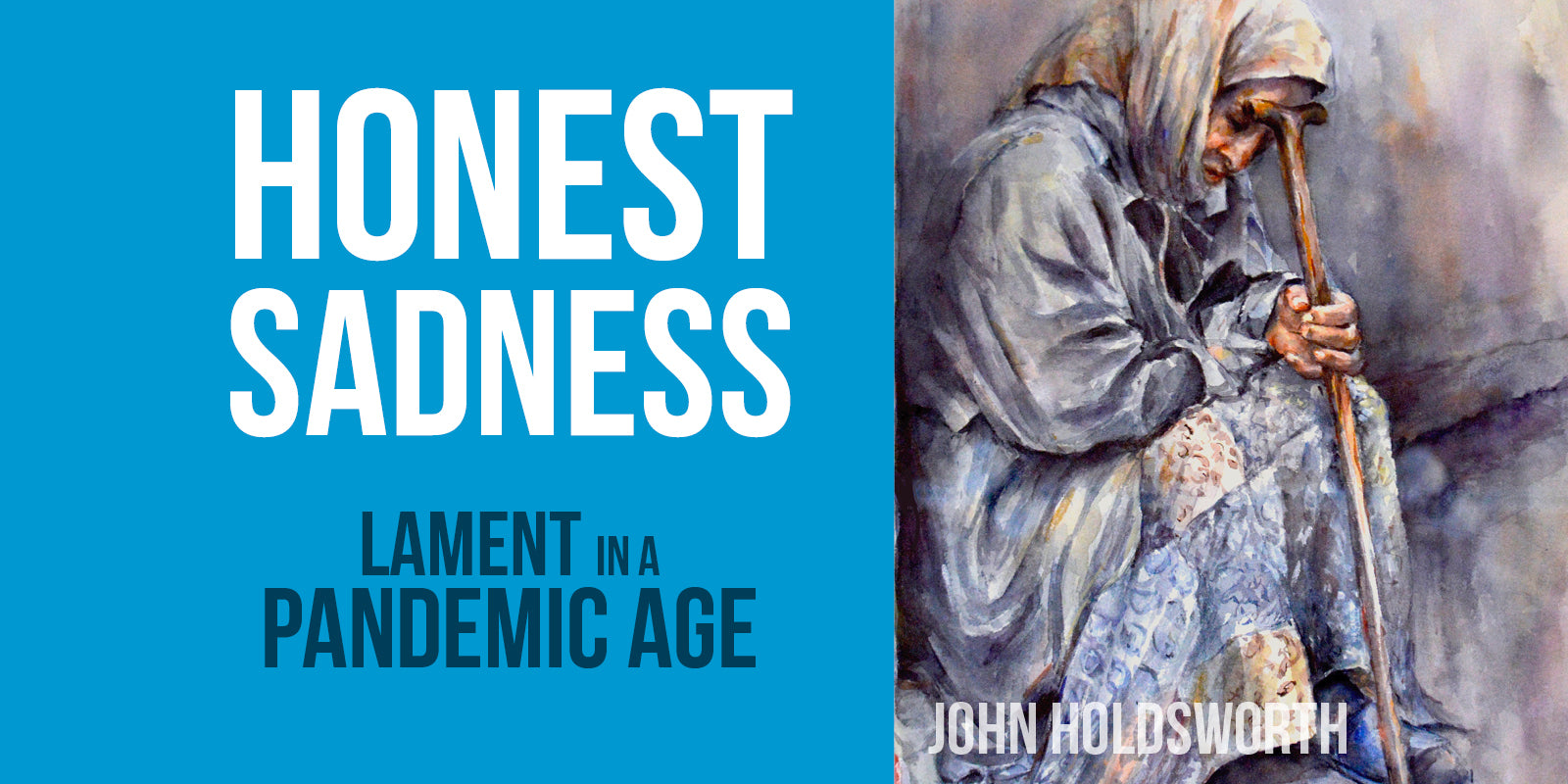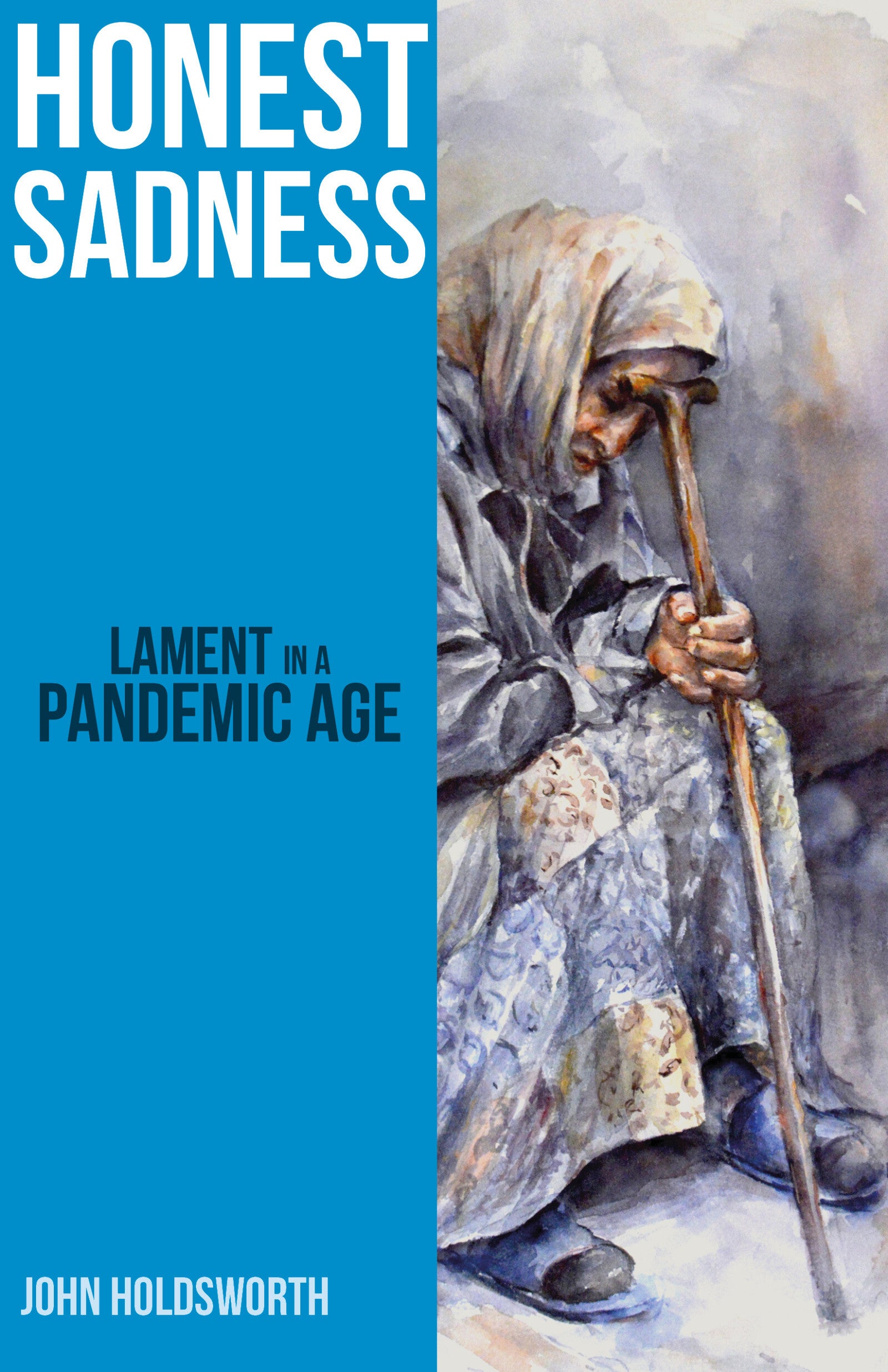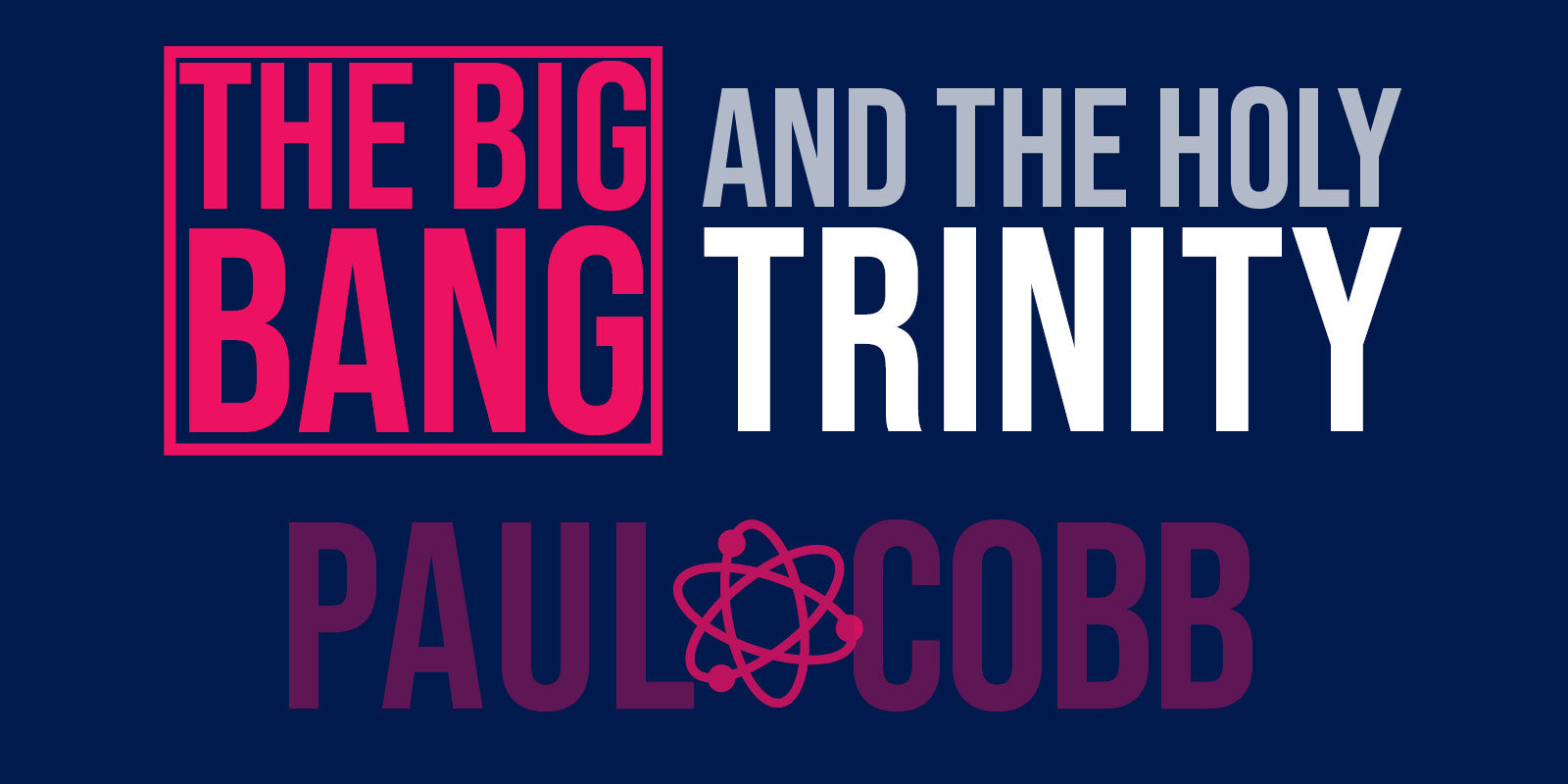GUEST BLOG: As part of our January #ThemeOfTheMonth John Holdsworth, author of Honest Sadness: Lament in a Pandemic Age, wonders about the difference between lament and protest and discusses the ways in which lament can be an antidote to denial.
What’s the difference between lament and protest? Lament has been shut away in the Christian closet for around 2,000 years now and suddenly it’s burst forth; but like a toy that’s been lost for many years, and then found, no-one is quite sure how to play with it any longer. The sudden emergence of lament is no doubt, in part, due to the pandemic and its consequences both personal and social, but even before the emergence of the corona virus there was a new interest in lament. Its therapeutic use was already being urged on a number of groups including: the disabled, abuse survivors, those caring for the terminally ill, the underprivileged and those who have suffered discrimination in a variety of circumstances, to name but a few. Others felt that what lament had once represented in the life of faith was no longer represented in church liturgy, for example. Too many congregations were said to be content to sing happy songs in contexts that ignored suffering and sadness. As with any rediscovery it has been easy to lose sight of the distinctiveness of the original concept, and to make ‘lament’ a cypher for any kind of articulated grievance. So the question: what’s the difference between lament and protest?
In my book Honest Sadness: Lament in a Pandemic Age, I began my attempt to address the theme of lament by describing a situation in Beirut. I should say from the outset, by way of explanation, that my idea of the task of theologians is that they should be people who draw together examples of lived experience on the one hand, and Christian tradition on the other (that is Biblical , liturgical or historical tradition) and who encourage a conversation between them, in a way that is pastorally useful and leads to reflection both communal and personal that has potential to be transformational. The situation in Beirut was one such piece of lived experience, as described by a minister from the Protestant church at the geographical centre of the protests that have become known as the ‘2019 revolution.’ Her contention was that these protests contained elements of lament, and that indeed they often morphed into laments. I want to take us back to Beirut to consider our basic question: what’s the difference between protest and lament?
I spent two weeks in Beirut in the Summer of 2021. It was a shocking time. There was little fuel. Queues at petrol stations could result in eight hours of waiting for a meagre amount. Without transport, people could not get to work. Goods could not be transported. Heating and cooking were problematic. Shops were shut, food was short, and pharmacies and hospitals were having to close. Society was completely breaking down and there was much talk of Lebanon as a failed state. The most awful thing of all though was that no-one in authority seemed to care. There were no police in evidence. Traffic could do what it wished. For those who had put their trust in the Democratic State as the guarantor of structure and order, and who believed that governing would always be primarily for the good of the people, this was not only a source of protest at the corruption of the government and the lack of provisions; it was a desperate cry at the loss of a world and societal view. That is when it became lament.
In the Old Testament book, Lamentations, we are asked to witness the breakdown of a society whose guarantor was God. People believed that God had provided order and structure, and that the character of God as loving and just was reflected in that structure. They believed that God was in control of history and that the world had destiny and purpose as a result of that. They believed that God had a special interest in the people of this land both collectively, and, if the Psalms are to be taken as evidence, individually. God was the author of vocation. The choice faced by those who had experienced the devastation of the city and described in horrific almost journalistic detail their suffering, was not just about how they would get food and how they would survive in a practical way. The choice they had, amounted to either clinging to a faith in God despite the evidence; or succumbing to a belief in the utter meaninglessness of life. That is the heart of lament. It is what I have characterized as ‘faithful incomprehension.’ And on the basis of that faith, lament is the cry for witness, the cry for explanation and the cry for evidence that God has noticed their plight.
In my book, other real life situations are drawn into the conversation, as the complexities of lament develop, and as opportunities for its use in contemporary society are explored; readers are encouraged to find answers for themselves through reflection. The expression of lament is often ugly, as befits those who are desperate to cling to the only faith that gives life meaning. It is real. It is this characteristic that leads many to describe the genre of lament as an antidote to denial. And that gives us further opportunities, living as we do in modern societies that thrive on denial, to explore the possible new applications of lament.
Books with ‘honest’ in their title rarely serve up comfortable, neat and tidy resolutions to complex problems. That’s all I’m saying….
John Holdsworth is Honorary Director of Ministry in the Diocese of Cyprus and the Gulf and Canon Theologian of the Anglican Cathedral in Nicosia. His book Honest Sadness is being featured as part of our January #ThemeOfTheMonth: Lament – you can get your copy here!











